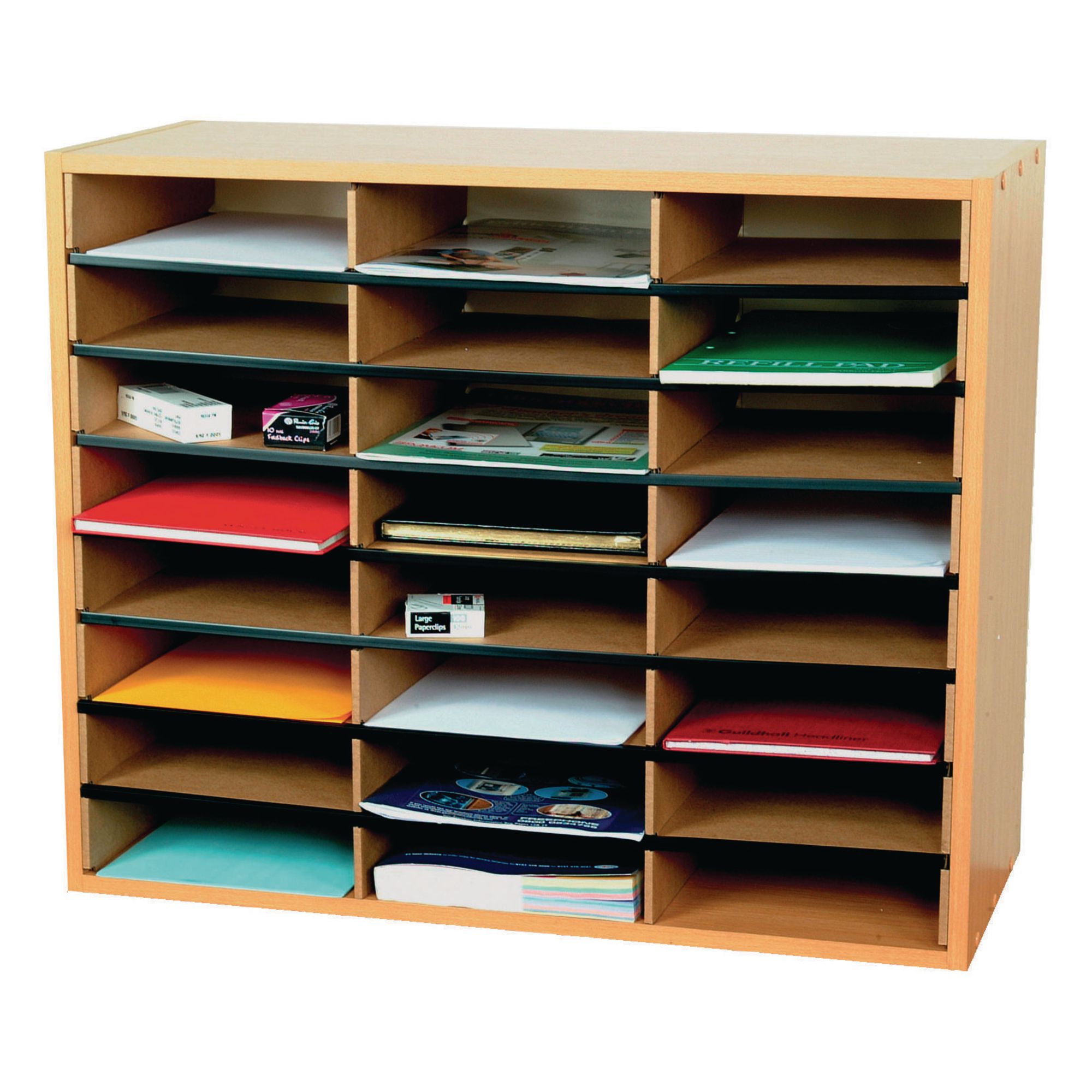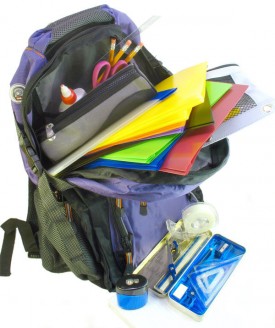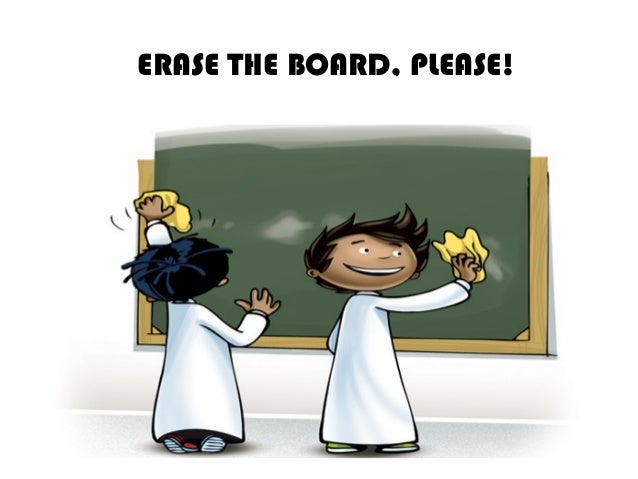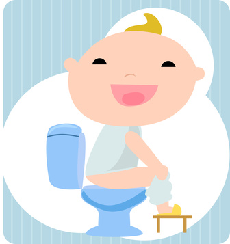If you want to praise your students and are looking for expressions other than 'good job', you may find 25 alternatives here (click here to download the pdf file):
Showing posts with label infants. Show all posts
Showing posts with label infants. Show all posts
"Casilleros"
In an office, you can say 'pigeon hole' or 'cubby hole', but in class you can also tell pupils 'Put your things in your tray' (they usually have a tray in the pigeon holes) or just tell them 'Put your worksheets away tidily, please'. If they have plastic folders then you can also say 'Put the worksheet in the folder.'
Click on the link below to hear how to pronounce these words.
Click on the link below to hear how to pronounce these words.
"Director" "Jefe de estudios"
You can say:
Headteacher, headmaster or headmistress, head, chancellor, principal or school director to refer to the teachers with the greatest responsibility for the management of a college.
Deputy head teacher to refer to the second most senior teacher in a school.
Director of studies to refer to a member of staff who has responsibility for overseeing the curriculum.
For a full list of roles in UK schools see: http://www.skillsforschools.org.uk/roles-in-schools
Click below to hear the correct pronunciation.
Headteacher, headmaster or headmistress, head, chancellor, principal or school director to refer to the teachers with the greatest responsibility for the management of a college.
Deputy head teacher to refer to the second most senior teacher in a school.
Director of studies to refer to a member of staff who has responsibility for overseeing the curriculum.
For a full list of roles in UK schools see: http://www.skillsforschools.org.uk/roles-in-schools
Click below to hear the correct pronunciation.
"ACNEE" "ACNEA"
You may say, pupils with 'Special Educational Needs (and Disability)' or SEN(D)'. There is also a special educational needs coordinator (SENCO) working in schools.
Cuando los alumnos están en fila...
When students are in a line you may need to say one of the following:
Agárrate a tu compañero: Hold on (to the person in front of you).
Suéltale: Let go (of the person in front of you).
Agárrate a la barandilla: Hold on to the banister/rail.
Tipos de papel
Papel pinocho: crepe paper
Papel crespón: crepe paper
Papel maché: papier-mâché
Cartulina: poster board, cardboard
Papel de seda: tissue paper
Cartón: cardboard
Papel reciclado: recycled paper
Papel de colores: coloured paper
Cartulina metálica: metallic cardboard
Papel de aluminio: aluminium foil
Papel cebolla: onionskin paper
Papel de embalar: wrapping paper
Papel cuadriculado: graph paper/squared paper
Papel vegetal: film
Papel celofán: cellophane
Papel charol: shiny wrapping paper
Papel couché: glossy paper/coated paper
Pizarra
Useful vocabulary:
Borrar la pizarra: Erase the (black/white) board
Salir a la pizarra: go up to the (black/white)board
Borrar la pizarra: Erase the (black/white) board
Salir a la pizarra: go up to the (black/white)board
Turnos
Here you have examples of songs you may use to give turns. You should find them all easily on the Internet.
Blurty– CKK Educational
How to Take Your Turn– Rita Gold I've Got a Question– Cathy Bollinger I Raise My Hand– Jim Rule Raise Your Hand Song – J. W. Snyder Ready, Set, Wait! – Listen & Learn Someone Else's Turn– Music with Mar. You've Got to Wait– Margie La Bella We Take Turns– Mary Flynn
Ponerse la bata/Ponte la bata
The kind of protecting item of clothing children usually wear in Spanish schools would be a school smock.
Please, put on your school smock.
In some British public schools, students may wear a robe, but that's something different from what we call "bata de colegio":
Temperas y acuarelas
To say "tempera" in English, you can use "tempera". To say "acuarela" you can use "watercolour" instead.
Subscribe to:
Posts (Atom)















